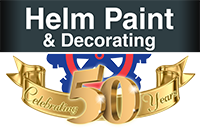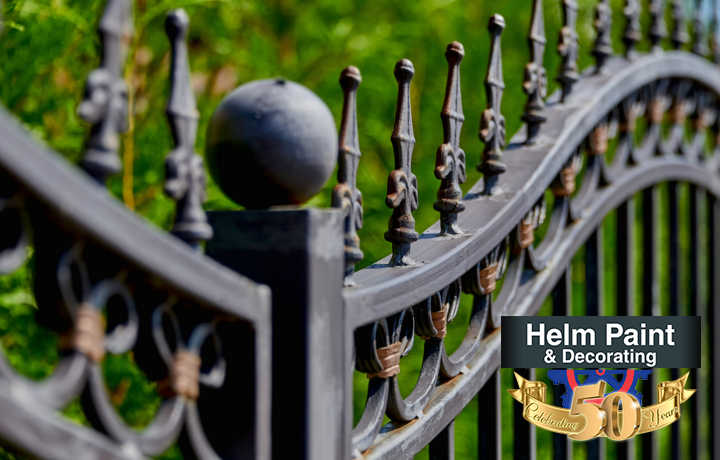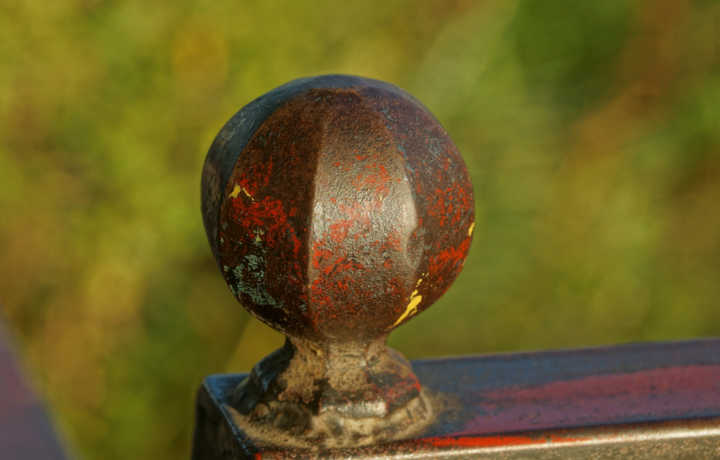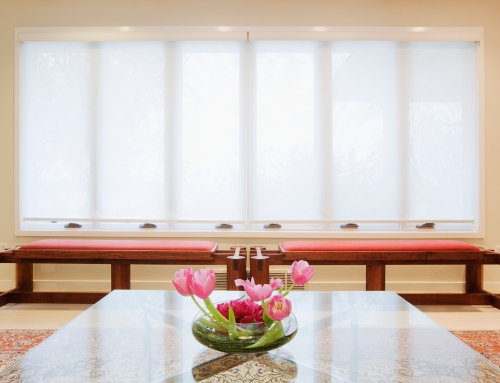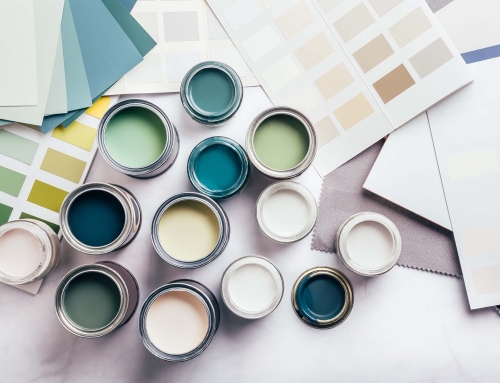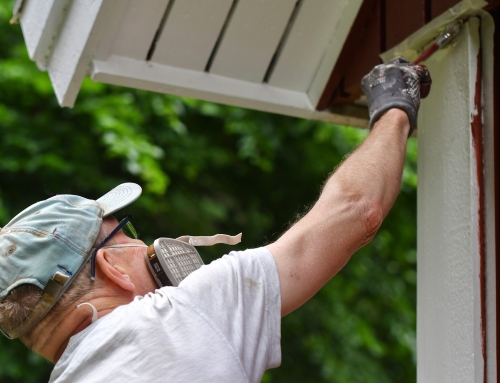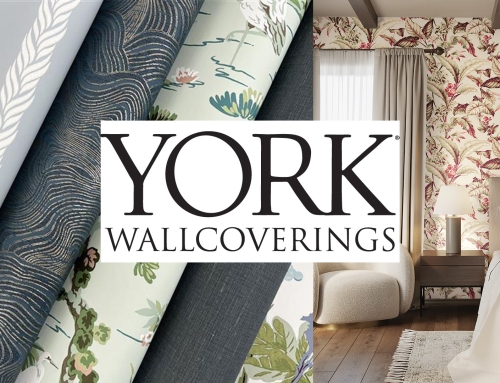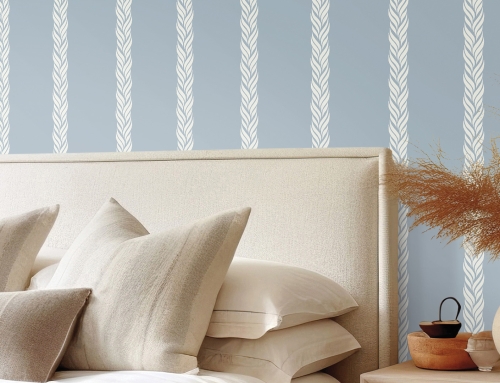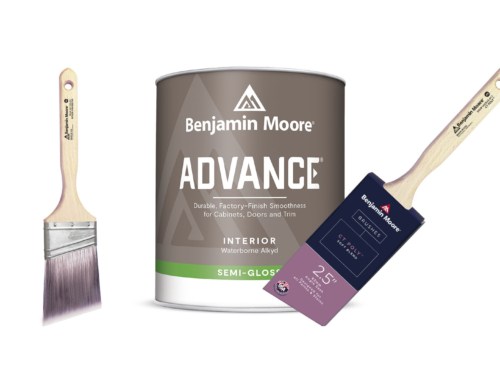Do You Have A Metal Fence That Needs To Be Painted?
Before you begin a project that involves painting metal, it is important to know how to properly paint these special surfaces. It all starts with preparing the surface and then selecting the right paint for the project.
First Step: Determine What Type of Metal You Will Be Painting
It is important to identify the type of metal surface you are working with. Do you know if it is ferrous or non-ferrous? Ferrous metals are metals that are made of iron like steel, cast iron, and wrought iron. Ferrous metals are magnetic and are susceptible to rust. Non-ferrous metals are lightweight and malleable and include those items like aluminum, stainless steel, zinc and copper. If you are painting metal that is galvanized, treat this metal as a non-ferrous metal.
Second Step: Prepare The Metal For Paint
Preparation is the most important step to ensure that the paint adheres and lasts. Metal can contain contaminates like rust, oil and even old paint. They all must be removed to ensure that your paint will adhere. If there is oil on the metal surface, use a cloth and some detergent or other solvent to clean the metal before priming and painting. After you finish cleaning, make sure to remove all of the residue and rinse with water. Rust and corrosion are very common in ferrous metals. Rust can be removed with a wire brush. Make sure to remove dust with a damp cloth when finished. If the metal has old paint on it, remove lose or scaling paint with a dull putty knife.
Third Step: Priming
Do not skip priming. A metal surface that is primed helps to stop rust and also helps with adhesion. Benjamin Moore Corotech® Universal Metal Primer for non-ferrous metals and Corotech® Alkyd Primers are perfect for ferrous metal. You should apply your primer in the same way that you applied your trim. See HERE for more details.
Fourth Step: Time To Paint
If you are looking for the best paint, consider Corotech® Waterborne Enamels for non-ferrous metals and Corotech® Alkyd Enamels for ferrous metals. If you are using a waterborne formula for priming and topcoating, use brushes with synthetic bristles like nylon and polyester. For alkyd formulas, use natural brushes. If you have any questions, stop by any of our locations for help or just give us a call.
Helm Paint & Decorating, locally owned and operated, has been in business since 1970 and is an independent dealer of Benjamin Moore Paints and Finishes. Our trained specialists are available to assist you in selecting paint and supplies for your business. We also offer FREE 2 hour Pro Delivery Service. Find out more HERE.
We have 6 locations across the Metro New Orleans area, for your convenience, to serve you.

